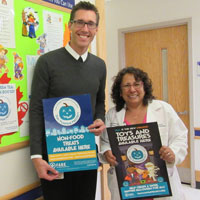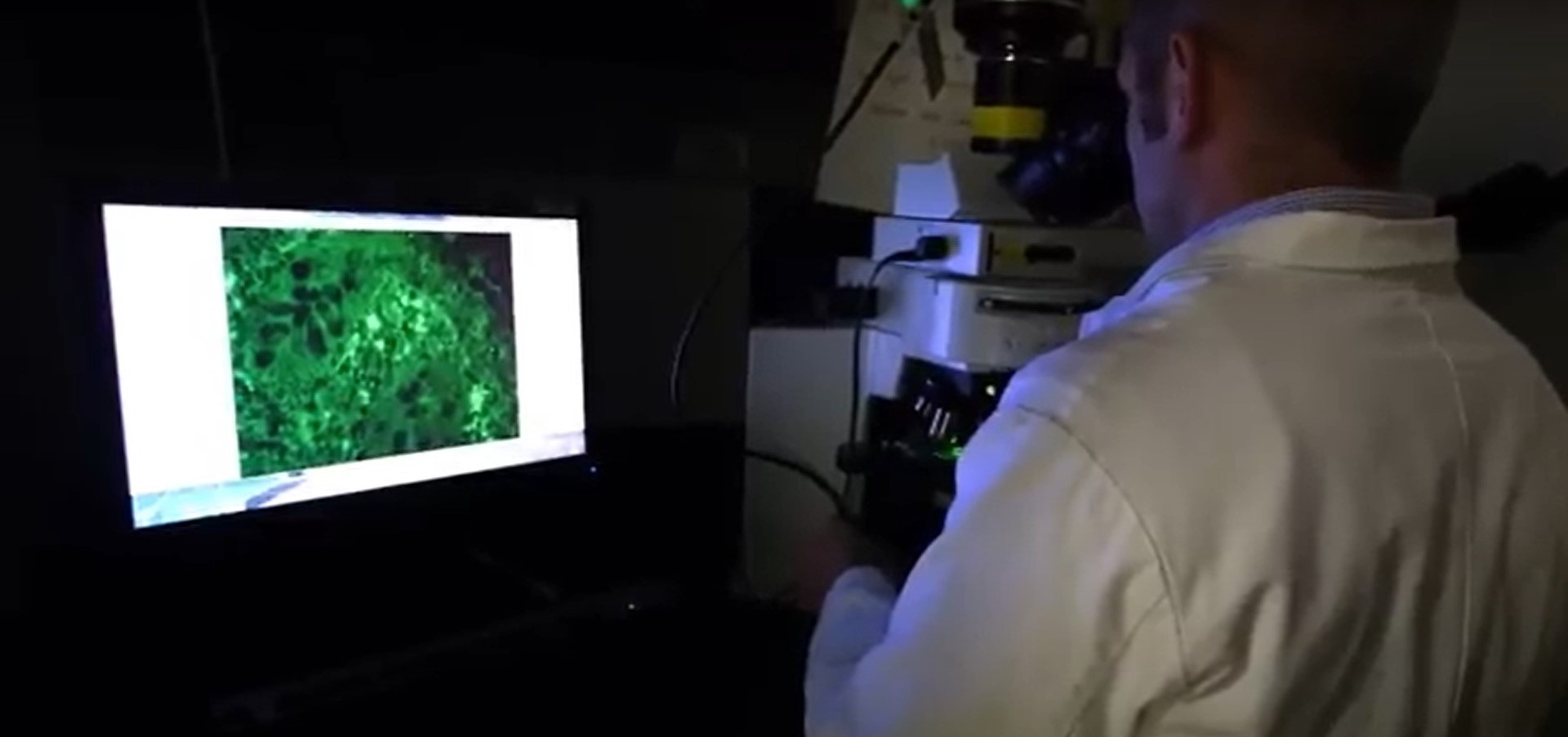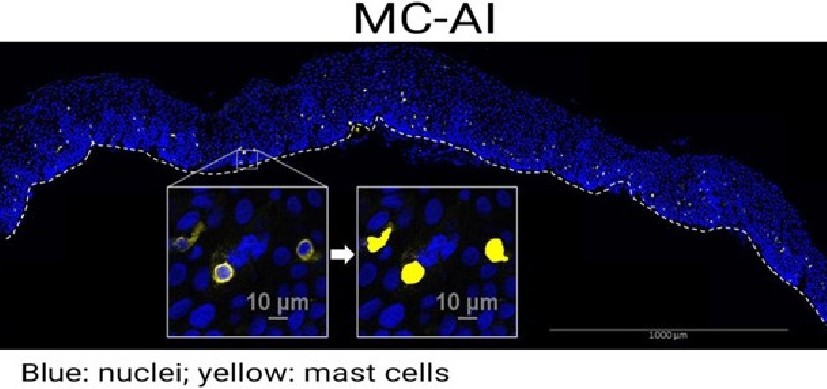Cincinnati Children’s to House Food Allergy Biobank and Biomarker Discovery Center
Post Date: January 21, 2021 | Publish Date:

Cincinnati Children’s has received a significant grant that is expected to boost research to benefit patients with food allergy.
The Food Allergy Program at Cincinnati Children’s received the grant from the Food Allergy Research & Education (FARE) organization, which will be used to house the FARE Clinical Network Biobank and Biomarker Discovery Center.
Read FARE’s announcement
Amal Assa’ad, MD, leads the Food Allergy Program at Cincinnati Children’s.
“The establishment of the FARE Research and Clinical Network is a visionary initiative to move forward the research and clinical care for patients and families with food allergies,” says Assa’ad, professor of pediatrics in the Division of Allergy and Immunology and principal investigator for the FARE Clinical Network Biobank and Biomarker Discovery Center at Cincinnati Children’s.
The FARE center at Cincinnati Children’s will be the first and only biobank solely dedicated to food allergy, Assa’ad says.
“It brings together the experience of the Cincinnati Children’s Discover Together Biobank in supporting national research networks and the expertise of biomarker researchers at the Cincinnati Children’s Research Foundation and the Division of Allergy and Immunology in innovation and discovery to form a strong and collaborative infrastructure for the FARE Network,” Assa’ad says.
The FARE Clinical Network is a nationwide coalition of 50 academic, research and clinical centers dedicated to providing food allergy patients with access to cutting-edge prevention, diagnosis, care, and clinical trials.
The new center will be in charge of the development of critical biorepository infrastructure necessary to carry out the FARE Clinical Network mission, says Marc Rothenberg, MD, PhD, director of the Division of Allergy and Immunology at Cincinnati Children’s.
“We will serve as a tactical hub for biospecimens as well as a key participant in the design and implementation of food allergy related biomarker and translational research,” Rothenberg says.
The new FARE biobank at Cincinnati Children’s is a collaborative effort with the Division of Biostatistics and Epidemiology and the Discover Together Biobank.
“We are very excited to leverage our existing biobanking infrastructure and knowledge to facilitate the establishment of the (FARE Clinical Network’s) Biobank and Biomarker Discovery Center,” says Mike Pauciulo, director of the Discover Together Biobank. “We look forward to this resource having a large impact on food allergy research into the future.”
About 32 million Americans live with food allergy, according to FARE. That leaves them at risk for anaphylaxis, a potentially life-threatening allergic reaction.






